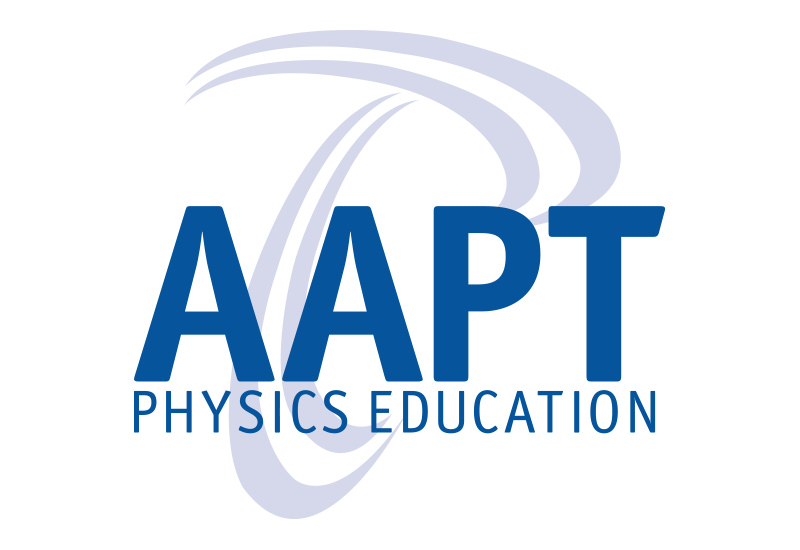Practice Makes Progress!

How can you tell whether a student really understands the class material? Education researchers agree that assessing this is difficult and that the best and most trusted measure is still an exam that is hand-graded by the instructor. On the vast majority of these exams, students are asked to show all of their work, and the instructor typically cares as much about seeing a student’s process as he does about seeing a correct final answer.
However, many homework platforms are not properly preparing students for exam day because they simply ask a student to provide a final numeric value. Without adequate “training” in their homework practice sessions, students develop the habit of flipping to the back of the book and “plugging and chugging” until they arrive at the right answer.
This causes a disconnect. Come exam day, grades are not only based on the final answer, but also on the students’ ability to solve problems through proper formulas and intermediate steps. Students must be comfortable using symbolic expressions and a problem-solving rational in order to do well. Students quickly realize that they have not practiced solving homework problems in the same way that they are expected to solve exam problems, and there is little correlation between homework grades and final class grades.
Dr. Stuart Loch at Auburn University recently put these ideas to the test by comparing two large enrollment classes in subsequent semesters. While controlling for variables such as the sequence of the course, and how the material was presented, Dr. Loch made only the following changes from one semester to the next. In Semester A (252 students enrolled), students were assigned homework problems where only the final numeric answer was graded. In Semester B, students used the Expert TA homework system where 46% of the questions assigned were symbolic and required students to deal with variables. Dr. Loch states:
Students in Semester B, after preparing with homework that involved reinforcing the problem solving process, were much more comfortable with showing their work. The students in Semester B were able to solve more complex problems on the class tests and on the final exam. There was a clear difference in their written answers to test questions, with the students in Semester B laying out their work more clearly and showing their reasoning. The students in Semester B scored 14 points higher on the final exam than the students in Semester A. Furthermore, the average on the final exam for Semester B was 17 points higher when compared to the semester when that same final exam was given. There was also a high correlation for students in Semester B between homework grades and final grades, and no such correlation for students in Semester A. The evidence suggests that there is high value in having students practice solving homework problems in the same way they will need to solve those problems on an exam.
We have done similar case studies with instructors at other universities and have seen similar results. We have also seen through student surveys that students have an overwhelmingly positive attitude towards a homework structure that forces them to deal with the equations and symbolic aspects of the problem head-on. They want to learn and understand the information.
Based on our research, we see strong evidence that reinforcing the problem solving process can have a significant impact on exam results. Our advice is that instructors should look closely at how they assign homework and strongly consider integrating as many symbolic and multi-step problems into homework as possible, so that their students’ practice really will promote progress.
SEE EXPERT TA'S HOMEWORK SYSTEM FOR YOURSELF THROUGH AN ONLINE DEMO.
Formed from the belief that a homework system should help instructors teach and students learn, Expert TA harnesses the power of technology to encourage practice during homework, while also giving meaningful feedback to both instructors and students. The Expert TA blog was created to serve as a hub of information to help educators track and discuss trends in education, software and student performance.


